Reflection Tools for Service Projects
Tips + Printables to Make the Most of Your Experience
Reflecting on your family volunteer experience allows children to grapple with the range of emotions that arise, learn about important social issues, and apply what they have learned to future experiences. Plus, it also sparks some meaningful conversations!
Printable Reflection Tools by Topic
Questions to ask before, during, and after volunteering
Before Volunteering
Talk to your children about their expectations and assumptions.
What do you think you will do and what will it be like?
What needs does this job fill?
What impact will you have?
Is there anything that makes you nervous or uneasy?
Describe what the experience will be like. (“When we get there, we’ll unload our groceries. Dad will start chopping vegetables, and you and I will set the table.”)
Read books together about whatever issues you’ll be facing in your work. For a list of possibilities, visit our Books & Websites page.
During Your Volunteer Experience
Notice behaviors, issues or concerns that you might want to discuss later.
Take photographs (if appropriate) to use for a photo album, book or scrapbook.
Provide assurances and explanations. (“I like the way you spoke with the elderly woman.” “These kids don’t know how to cut their own meat. Can you help?”)
After Volunteering
Encourage your children to reflect on their experience in different ways: draw a picture, create a collage, write a letter or journal.
Have conversations and ask questions about your experience:
"How did you make a difference?"
"Did anything surprise you? If so, what?"
"Did anything happen that made you feel uncomfortable?"
"What did you learn that you didn’t know before?"
"What did you like most?"
"What was most difficult?"
"What would you do differently if you had it to do over?"
Describe an incident or tell a story that occurred during your experience.
Create a scrapbook, book or photo album of your service experiences.
Younger children love to hear the “story” of their experiences told back to them.
If your child is older, you can talk about what society should do about the issue you’ve encountered.
Emphasize what you’ve accomplished.
Write a letter together to someone you met while volunteering or to someone (grandparent, aunt, friend) about the experience.
Read more books and compare your own experiences to those of the characters.










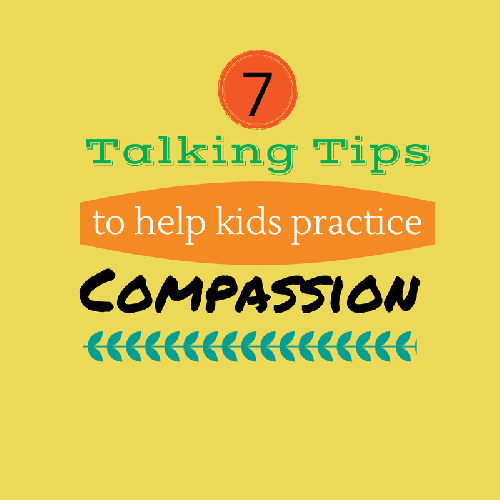
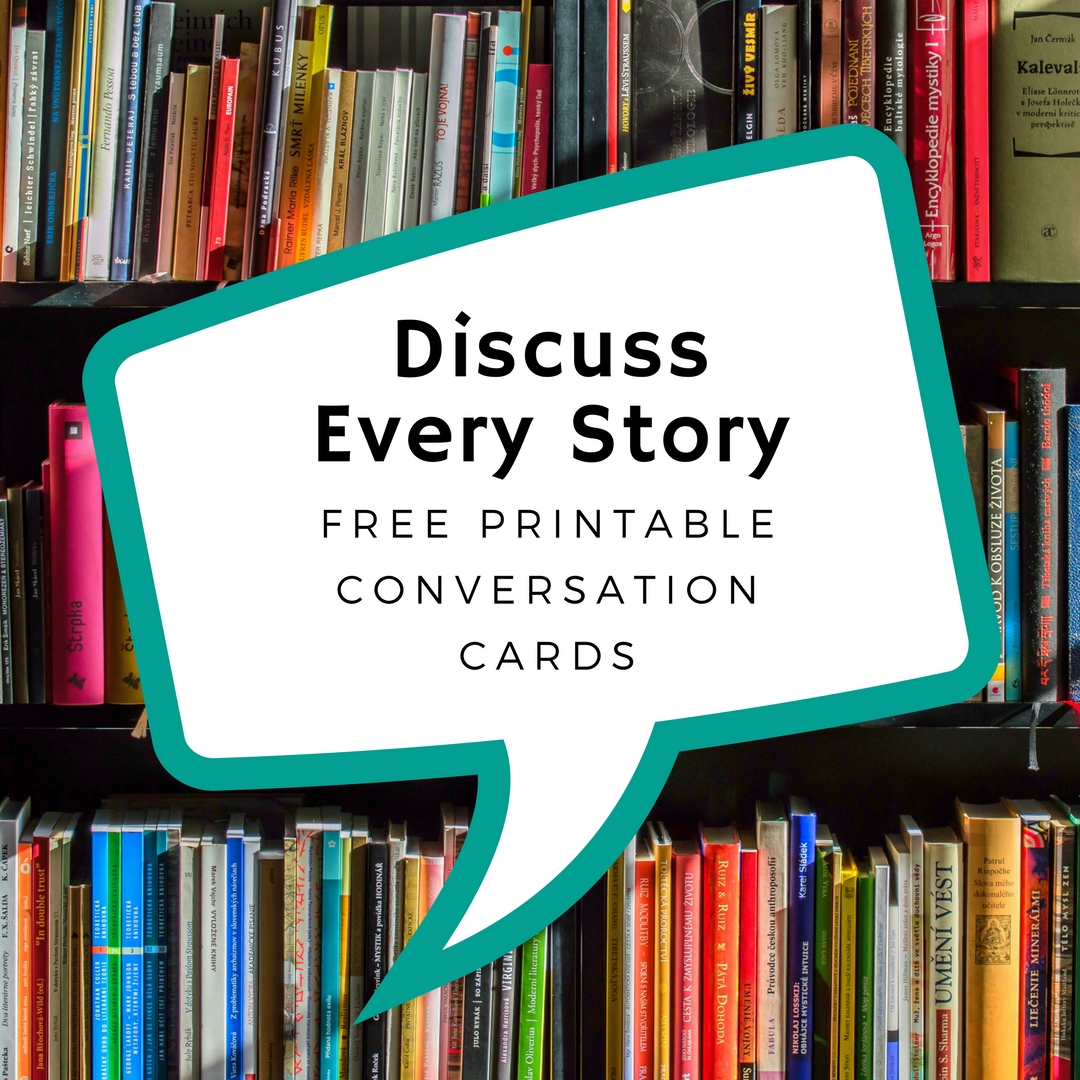
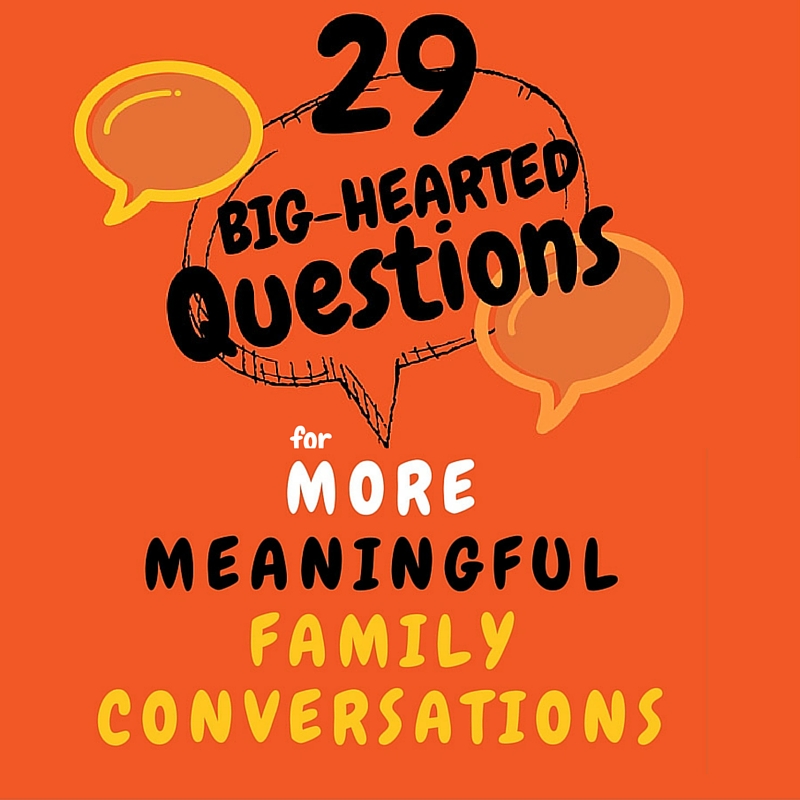
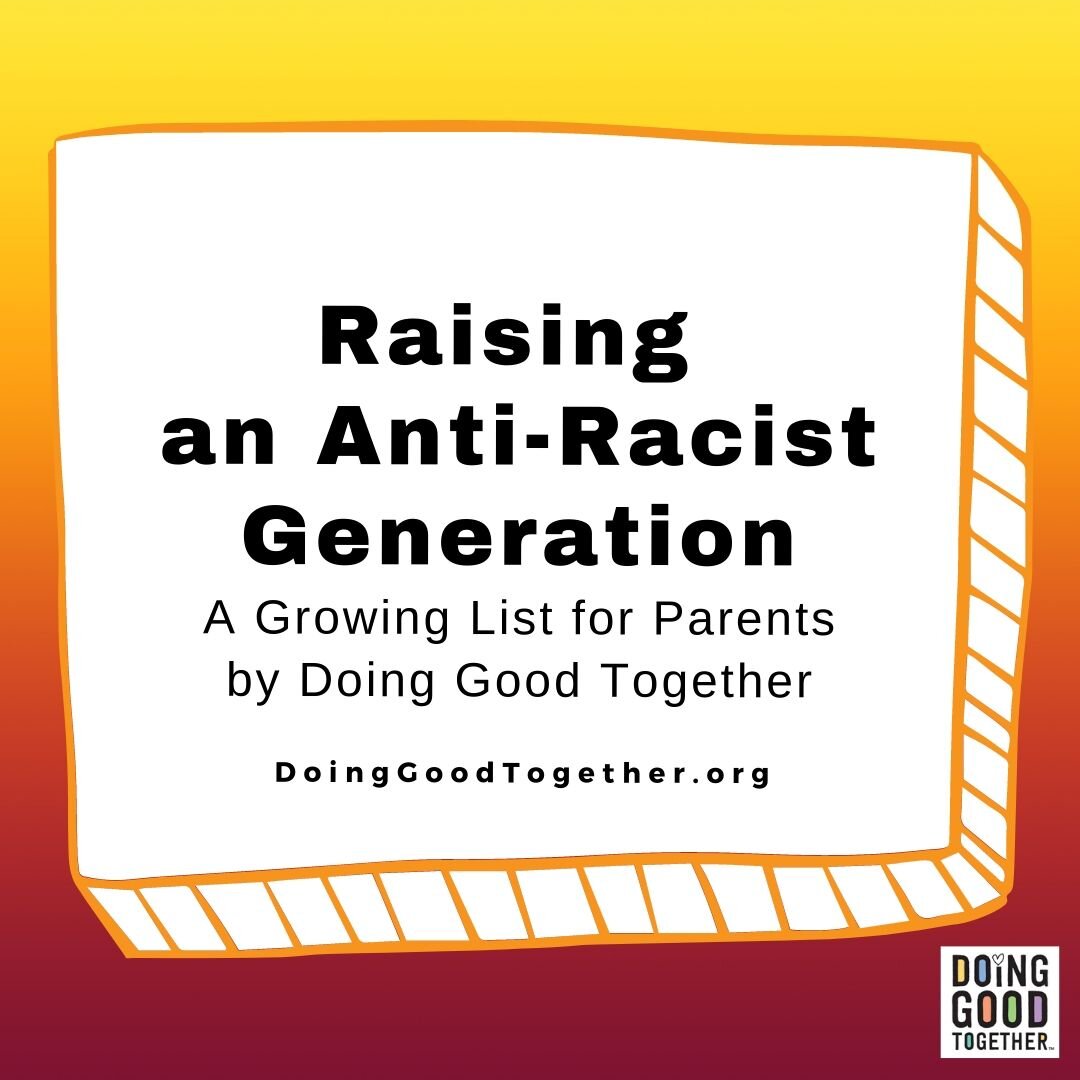
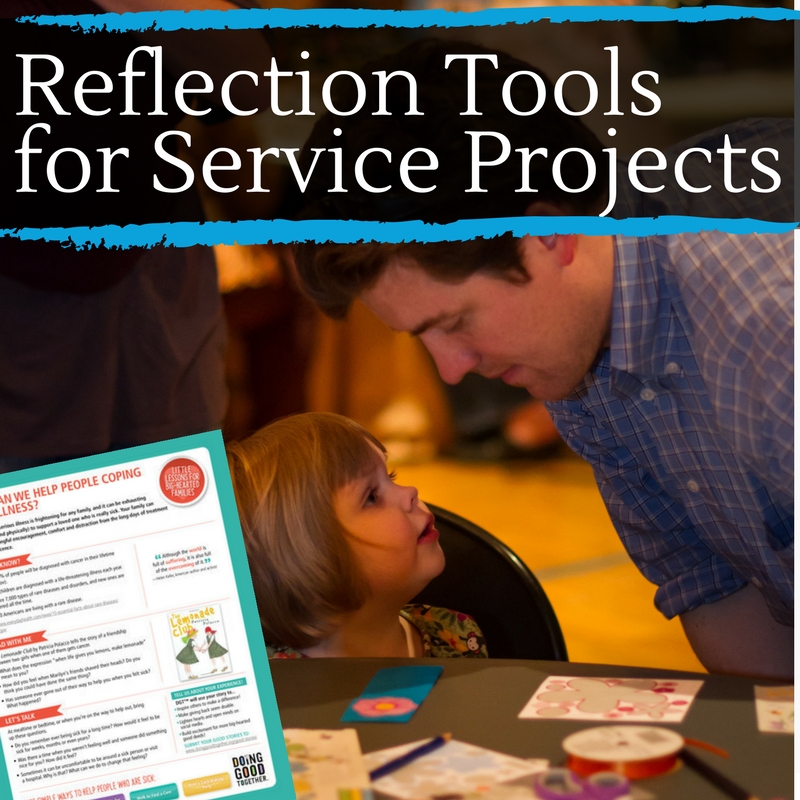

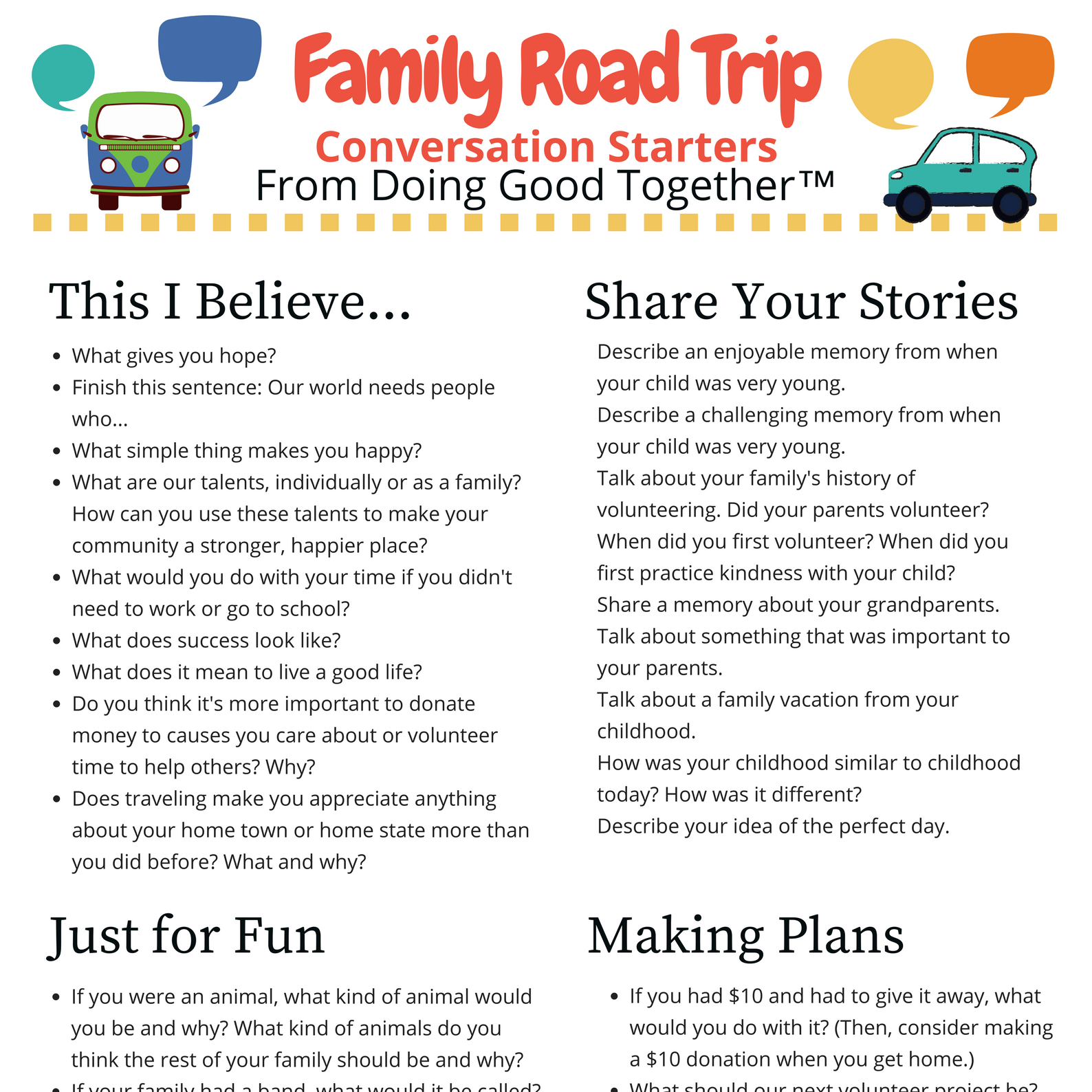
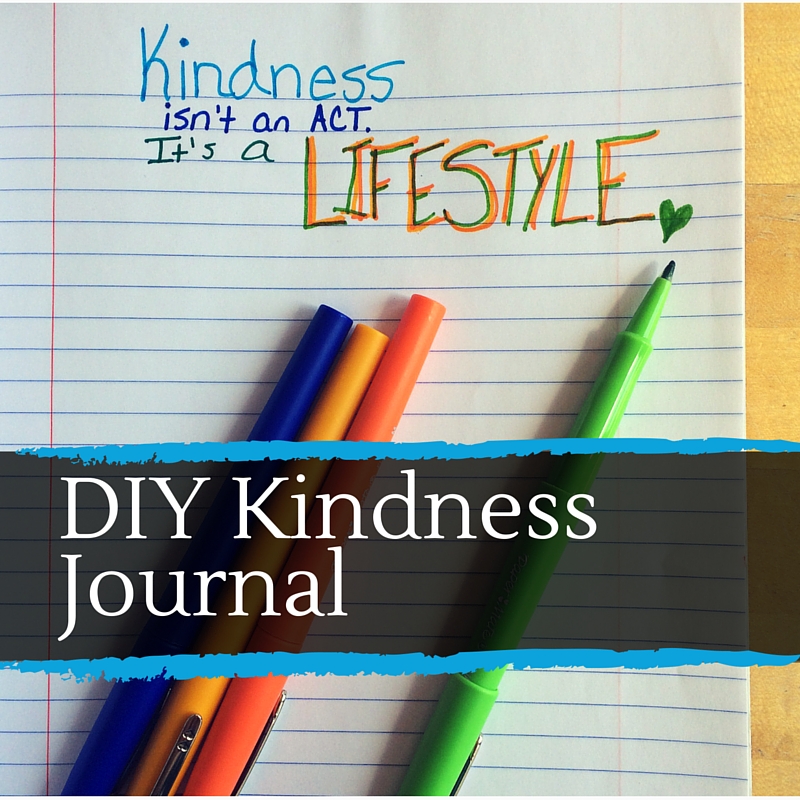

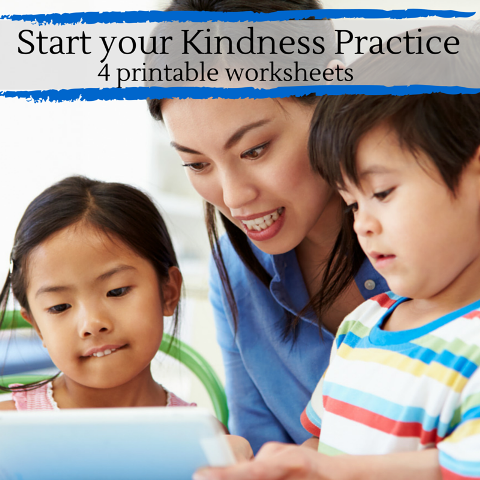

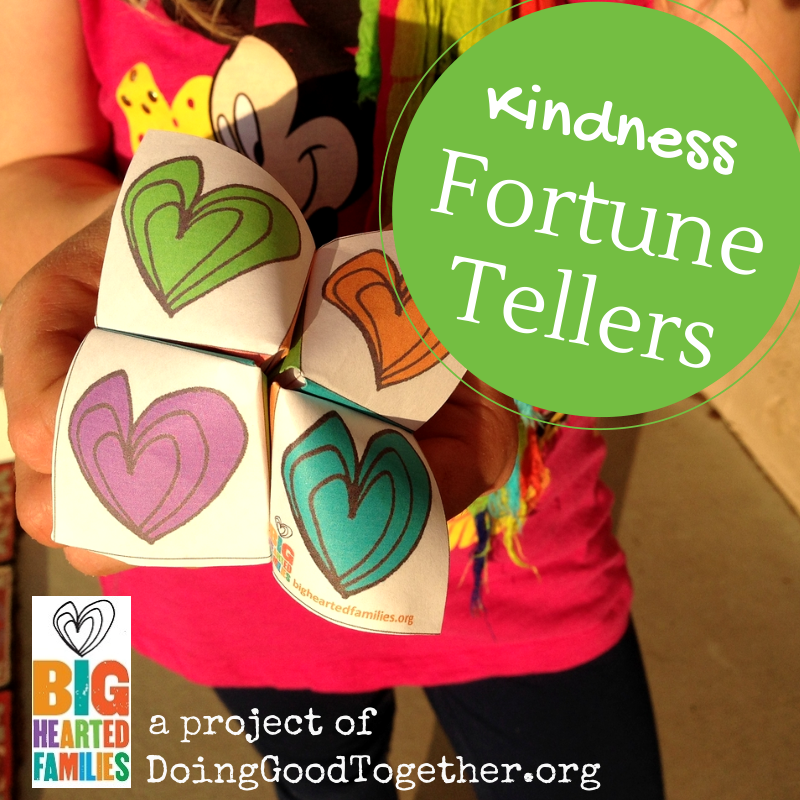
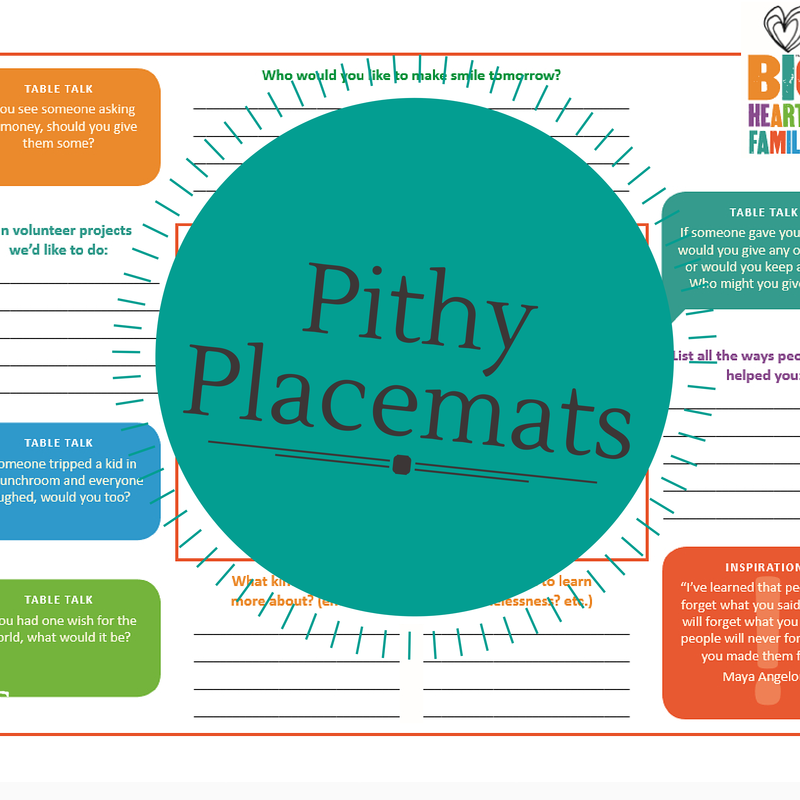


You can make a difference to someone coping with an illness – and help their loved ones as well.